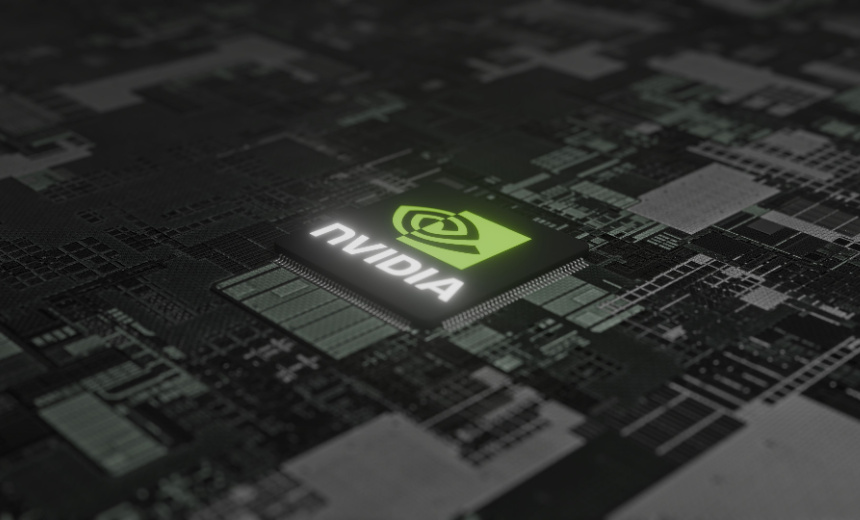Artificial Intelligence & Machine Learning,
Government,
Industry Specific
Analysts Warn White House Chip Policy Reversal Poses Risks to US AI Leadership

President Donald Trump’s recent decision to remove federal restrictions on the sale of specific advanced Nvidia artificial intelligence semiconductor chips to China has raised concerns among analysts regarding the US’s technological edge in the AI sector. The move, which analysts characterize as a potential blow to US AI leadership, emerged following a meeting between Nvidia’s CEO, Jensen Huang, Trump, and senior Chinese officials.
Nvidia officially announced this policy shift in a blog post, outlining plans to reapply for licenses to sell its H20 GPU chips to China, with assurances from the U.S. government that approvals will be granted. The company has also introduced a new “fully compliant” pro GPU designed for advanced AI applications in smart factories, emphasizing its commitment to democratizing AI technology. However, experts warn that this could significantly undermine the United States’ long-term technological superiority and its strategic position in critical technologies.
Industry insiders highlighted that China’s adaptation strategies circumvented previous restrictions by optimizing less powerful H800 chips, employing techniques that minimized memory usage and reduced computational demands. The easing of export controls on Nvidia’s advanced chips is viewed as potentially giving China an edge in developing artificial general intelligence, a pivotal area of competition.
Napoleon Paxton, vice president of federal technology at AI Squared, emphasized that these chips deliver unmatched processing capabilities, stating that the U.S. initiated restrictions on Nvidia’s A100 and H100 chips in October 2022 to maintain its lead just before the global launch of OpenAI’s ChatGPT. He cautioned that this policy reversal may escalate China’s data collection and surveillance capabilities, particularly as it develops its own AI platforms like DeepSeek, which reportedly employs various methods to optimize performance and reduce costs.
During the Biden administration, a series of stringent Department of Commerce regulations were enacted to create a three-tiered export system. This system imposed strict limitations on China and Russia while allowing more lenient importation for key allies. Despite significant pushback from Nvidia and the Semiconductor Industry Association, arguing against such a sweeping change during a leadership transition, the Trump administration subsequently intensified those restrictions following DeepSeek’s emergence.
Recent studies indicate that China is outpacing the U.S. in vital technology research investments, raising alarms about its advancements in AI, defense, and cybersecurity domains. Chris Rouland, CEO of Phosphorous Cybersecurity, pointed out that these developments illustrate a direct and sophisticated challenge to American dominance in AI technologies.
The motivations behind the White House’s decision to roll back these policies remain unclear, although Trump has indicated an intent to alleviate regulations affecting AI and tech firms to stimulate innovation. As of now, there is no timeline for when Nvidia will resume sales of its H20 GPUs to China, though the company has expressed hopes for swift deliveries.
